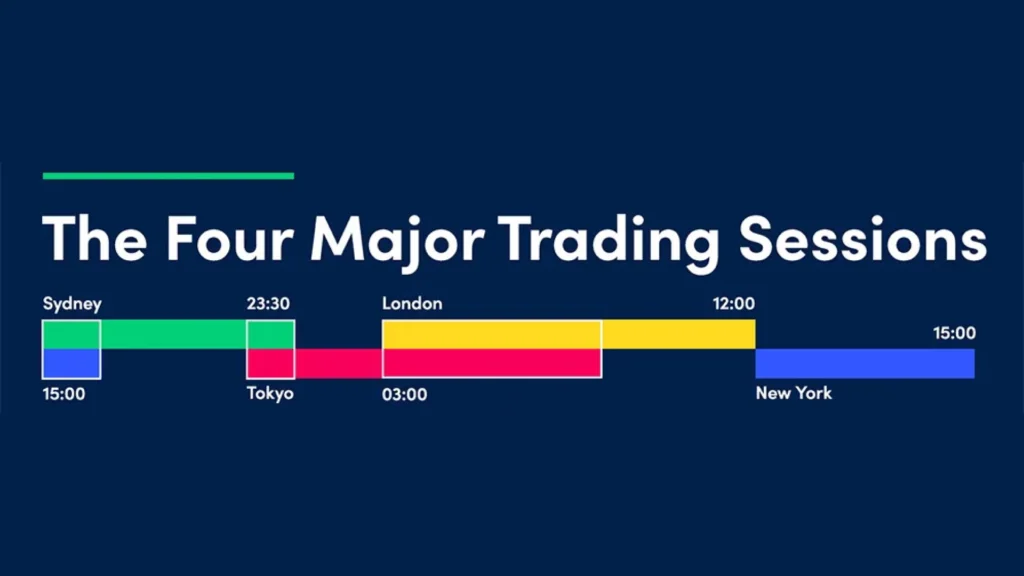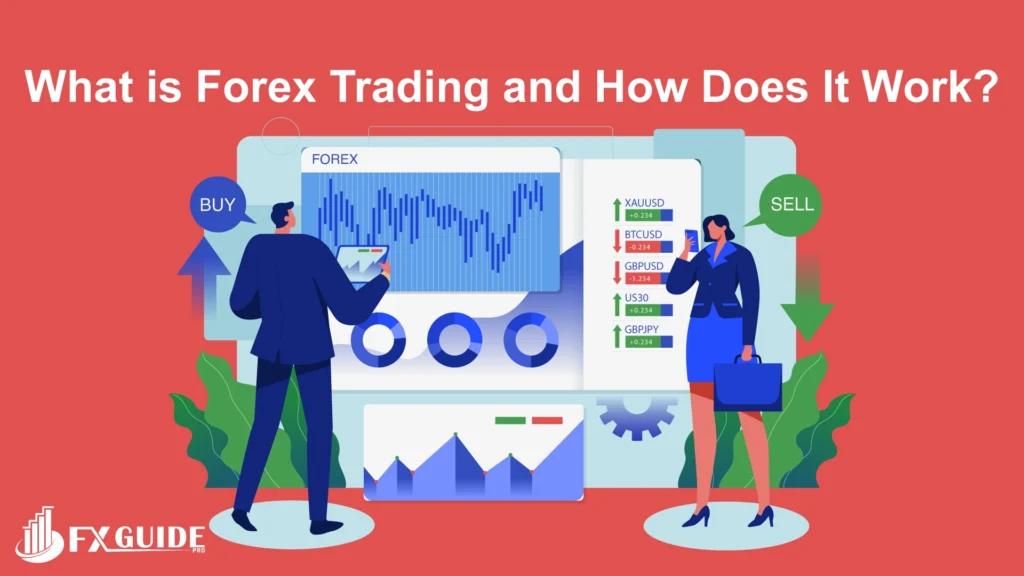Trading Forex can be lucrative; the lure of the money in the Forex market is real. Everyone is trying to squeeze real money out of the market as much as they can. They hire gurus and buy some strategies, tricks, and shortcuts to make real profit. But only to their frustration, they realize those tricks and strategies lose effect the moment those gurus disappear. Real secrets that none discuss in public are not strategies to make money; they are strategies to make you eligible for making money. Our 7 Forex secrets will help you grow as a trader.
Unveil 7 Forex Secrets to Understand the Nature of the Market
Marketers sell their personalized Forex secret trading strategies, promising big wins. But there is no strategy that works for every market situation. Real secrets that reveal the nature of the market are the ones always kept hidden. Here are such 7 truth-punching secrets of Forex that will wake you up and prepare you for your trading journey.
Earning Comes After Learning
The Forex market is teeming with scammers and marketers who promote the idea that earning is possible even with zero market knowledge. Nothing can be further from the truth. Currency exchange can unearth treasures, but first, you must know how, where, and when to dig.
Your first investment in the market should be your time learning the basics, including the nature of the market, essential trading instruments, trend analysis, secrets to enter trades at the top and bottom, and risk management. A subtle step taken without preparation can cost you money, time, and mental stability.
Scammers want to exploit your get-rich-quick mentality by promising unrealistic amounts of gains and shortcuts. But every veteran trader knows it takes patience, practice, preparation, strategy, discipline, psychological stability, and time to succeed. This is the first forex trading secret strategy you must learn by heart.
95% of Traders Fail Because They Quit
No venture on earth can promise definitive success. Every business and profession projects a set of unique advantages and disadvantages. Trading foreign currencies has its own ups and downs, too. But what makes the Forex market the most dangerous of all professions is its tremendous volatility.
Trading in this market is a game of speculation. Traders spend hours analyzing patterns and records to predict the next market move. The more experience a trader gets, the more accurate his predictions become. But experience sprouts from failed attempts. Today’s winner traders were once losers who learned from their failures.
Most traders who leave the market lack a consistent mind. Instead of learning from their experience, they take it as a red flag and quit. A general remark on Forex trading attributes it to a 95% failing rate. But, the remaining 5% of traders attribute their success to their ability to persist and learn from the failure.
Currency Pairs Yields More in Their Representing Sessions

Traders often say that the Forex market never sleeps, highlighting its continuous, 24-hour global activities across different time zones. However, the same is not true for currency pairs. Different currency pairs remain active at a specific trading session based on the economy they represent. And trading a pair at its representing session yields the most profit.
For example, European currencies like EUR or GBP make the most market moves during the London Session. If paired with USD, the market activities will extend throughout the London and New York sessions. That’s how a trader should strategize their sessions, focusing only on the pairs associated with those sessions instead of dealing with just any pairs.
The AUD/USD and NZD/USD pairs will fluctuate the most during the Sydney and Asian sessions, while USD/JPY drives the market in the Tokyo sessions. Learning about different market sessions and time zones and their associated currency pairs will help traders cut through the clutter. It informs them about the right pair to trade on the right session.
Scalping is Easier Than Swing Trading
Many traders may disagree on this, as the debate on the best trading option is always inconclusive. Swing traders often preach their strategies to be simpler than day trading or scalping just because swing trading doesn’t require traders to look at their screens for too long.
Swing Traders find a strong entry point and place an order that typically remains open for several days to a couple of weeks. Such longer-term trades tend to be more lucrative as they can catch the full potential of a large market move and don’t require continuous monitoring, letting traders invest their time elsewhere.
But prolonged trades can also trigger overnight losses. Traders bear a sustained psychological tension throughout the timespan of their orders. Because Forex is a highly volatile market dictated by numerous fluctuating factors. A prominent uptrend takes no time to turn into a major downtrend, causing massive losses and wasted time.
Scalping, in contrast, involves short-lived trades with small winning and losing chances. Serious scalpers may have to pass their days by monitoring the market, but the size of their emotional burden is as limited as their risks.
Learning When to Avoid a Trade is Equally Profitable
Knowing when to enter a trade is a superhuman ability. It turns a person into an earning trader, opening the door to a lucrative future. But none can figure out when to enter a trade without learning when not to.
When a trader can recognize an unsettling market condition and let it pass before making a buying decision, he has mastered a crucial element of risk management. The skill will save him from losing big money and prepare him for the next big chance.
For example, a trader should not place a buying order when
- Governments, major companies, and banks associated with the desired currency pair are about to announce their next move
- A trend stands still, showing low liquidity in the market
- Under uncontrollable emotions like exhaustive stress, intense fear, or excessive greed
Trading is a Boring Job
Traders vlogging on their social media accounts or blogging on different websites often show off by posting videos and pictures with sports cars and gold chains. This often creates a false image of the market in newcomers’ heads. Many people think Forex trading is all about looking at big screens, investing some money, eating popcorn, withdrawing profits, and buying lavish cars.
The reality is trading, by and large, is a tedious undertaking. Real traders spend their time analyzing charts and graphs, collecting data, fact-checking, making trading plans and schedules, and developing new strategies. All these works may feel exciting at first, but with regular repetitions, they quickly strip out the excitement and demand seriousness.
Traders work night and day, learning and experimenting with new strategies. They keep themselves updated on the contemporary major political and economic events and look for signs of opportunities. Dealing with tension and risks projected by the market while attending a trade after a detailed analysis is not fun but lonely and monotonous.
Spending on Platforms Won’t Raise Success Rate

Choosing a trading platform amidst numerous options confuses new traders. They spend hours comparing the features and functionalities of all the available options and hesitate to make the buying decision, failing to figure out what features to go for and which to sacrifice.
Here is one of the ironic Forex market secrets: the money you invest in tools, the money you lose in vain. Beginner traders seem to be interested in spending money on tools like high-end trading platforms, multiple computer screens, and a posh setup. But what nobody tells them is no matter how aerodynamic the chair a trader sits on is, how colorful or clear his monitors are, or how smart features their trading platform offers, he will fail and lose all his money if he doesn’t know how to trade.
The brain is a trader’s most powerful tool. Teaching it the nooks and corners of the market, training it with intense practice, and maintaining it with nutrition and meditation can assure you success.
FAQ
01: What is the Biggest Secret in the Market?
The one secret that can change your perception as a trader is you should never focus on earning. You should focus on growing your knowledge of the market, different strategies, and analysis procedures. You will know how to earn in the process.
02: Why So Many Traders Fail in Forex Trading?
Forest trading comes with a huge learning curve. To be successful in the FX market, a trader needs to spend years learning different aspects of the market, including the rise and fall of trends. Most traders start trading without learning much and quit when they face consecutive failures. Only persistence and consistent learning can ensure success in trading.
03: Do Forex Secrets Work?
Forex is a highly fluctuating market and nothing is ever constant here. Strategies and secrets can help you build the mind and skills necessary to be a successful trader. How a trader will perform on the market will largely depend on their personal understanding and ability to implement different strategies.
04: What is the 90% Rule in Forex?
The “Rule of 90” says that it takes 90 days for 90% of all beginner traders to lose 90% of their capital. The rule may sound harsh, but it based on real speculation.
04: What is the Single Forex Trading Advice I Should Keep in Mind?
Always treat winning and losing as parts of trading, and receive them with an equal heart. Don’t lose yourself in ecstasy after winning a big trend or in despair when failure strikes.
Conclusion
Learning is only half the way; practising what you learn in the real market will produce results. The top 7 Forex secrets mentioned above are based on years of professional experience. When you trade forex secrets like these, you set yourself up for the real game. You learn to avoid risk, persevere in foggy situations, recognize better chances, and invest in the right tools.



